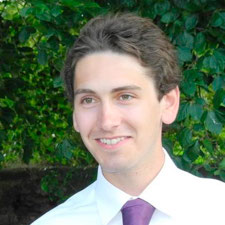Philosophers, linguists and cognitive scientists often appeal to propositions in their efforts to understand the world and our place in it. Propositions are meant to be the things people believe, the things sentences mean, and the primary bearers of truth and falsity. Propositions are often referred to using ‘that’-clauses: that Canada has the longest coastline is something true, somethig you might believe or know, and what the sentence ‘Canada has the longest coastline’ says or means. But despite the fact that there is consensus about the roles that propositions can play if they exist, there is less agreement about the nature of the things that play this role. In the 1970s and 80s, it was popular to think of propositions as sets (that is, collections) of things (either as sets of possible worlds,or sets of objects and properties). More recently, however, it has been forcefully argued that although sets can model propositions, they cannot be propositions because they do not have the right kind of properties: propositions are meant to be about things and be true or false, but sets are not like that. My research aims to improve our understanding of mind, language, and truth by defending the recent proposal, from Scott Soames and Peter Hanks amongst others, that propositions are not sets but types of actions. On this view, propositions are best thought of as abstractions from subjects’ ability to ascribe properties to things. My research will investigate the historical and philosophical foundations of this approach,as well as addresing a number of criticisms facing it.
Image: Polyglot Typography, Joe King

Daniel Brigham
Principal Investigator